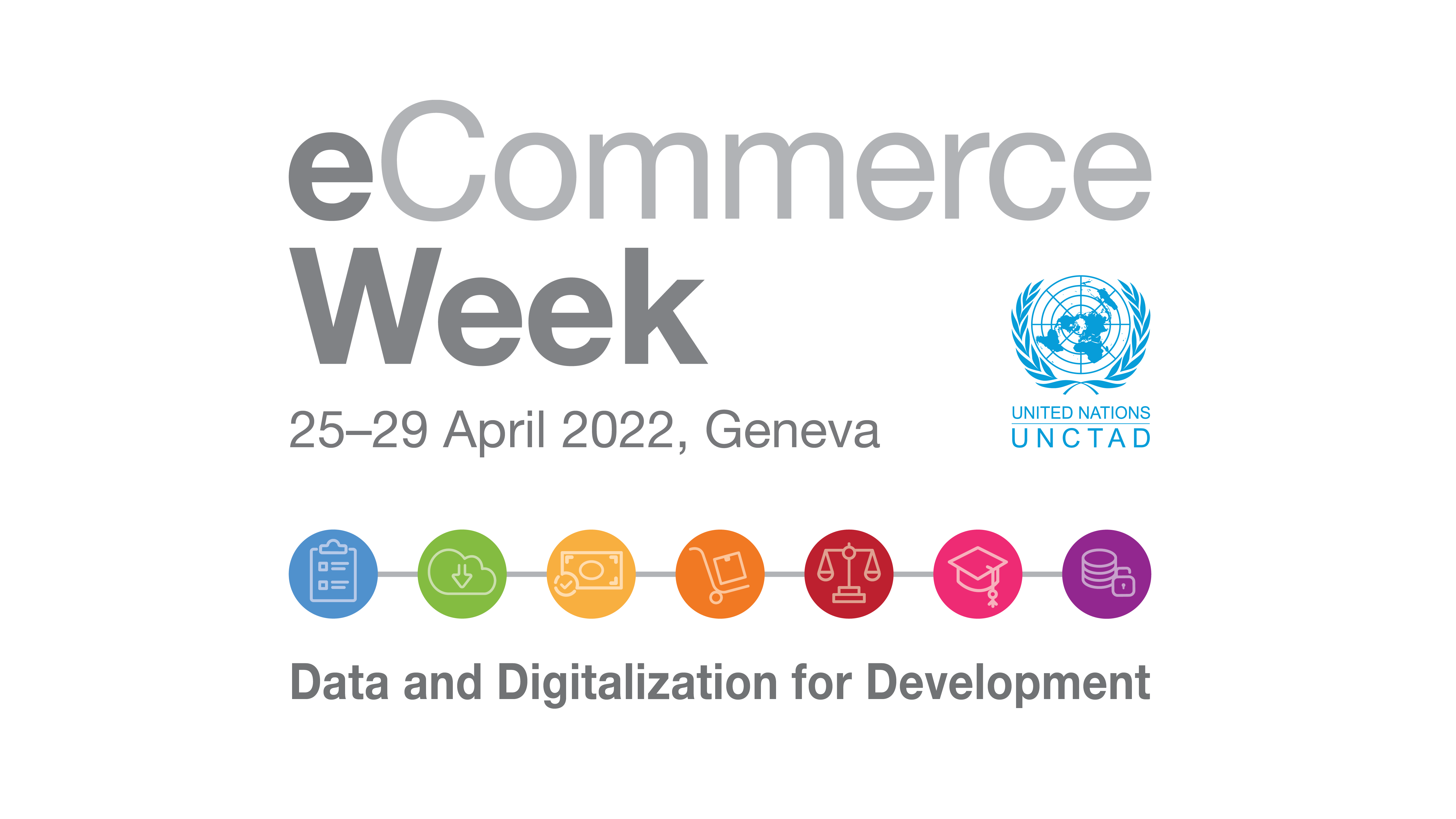Assessing the role of digital platforms in data governance and ethics
28 Apr 2022 12:00h - 13:00h
Event report
This session discussed in detail the latest report of the World Benchmarking Alliance and the evaluation of the performance of e-commerce companies on data protection, cybersecurity, child online protection, and AI ethics. The panellists reflected on best practices, challenges, and policy and regulatory approaches for improving corporate governance and social responsibility.
The World Benchmarking Alliance ranks and scores 200 digital companies to empower stakeholders to use this data in their own advocacy efforts. The 2021 Digital Inclusion Benchmark Insights Report aims at empowering all stakeholders, civil society, governments, and businesses to better understand policies, best practices and to empower advocacy efforts, opened Ms Lourdes Montenegro (World Benchmarking Alliance, Digital Sector Transformation Lead).
Mr Michael Minge (World Benchmarking Alliance, Research Lead Digital Inclusion Benchmark) explained the findings and the criteria used in the report on the example of 18 digital companies. Speaking of the digital inclusion benchmark, WBA undertook an evaluation of companies in four interrelated areas: enhancing universal access to digital technologies, improving all levels of digital skills, fostering trustworthy use by mitigating risks and harms, and ensuring open, ethical, and inclusive innovation. In 2021, WBA looked at the 150 biggest e-commerce companies globally, both in retail and services. According to Minge, the findings echoed the conclusions of the UNCTAD study on e-commerce and the impact of the pandemic published this week.
Speaking of indicators related to benchmarking data governance and ethics of e-commerce companies, Minge pointed out the following:
- Accountability for cybersecurity at the senior level (CISO, cybersecurity committee, etc.)
- Monitoring, remedying, and reporting cybersecurity incidents (presence of CERT/CSIRT/PSIRT response team, ISO 27001 certification, disclosure of breaches)
- Applying responsible personal data policies (high-level policy statement, transparency report on government requests for information, group privacy policy)
- Applying inclusive and ethical research and development (published principles for ethical AI)
Other areas assessed were the core social aspects of these businesses – human rights, employment, and tax policies. Minge pointed out that e-commerce companies are underperforming in comparison to other companies, and the performance is particularly poor in terms of ethical standards and best practices related to AI.
Minge also spoke about the fact that global companies tend to do a bit more above average, but that the highest scoring companies are from South Africa and Indonesia. He also pointed out that the lack of disclosure from the private companies in developing countries makes these companies rank lower. With respect to e-commerce companies being behind in benchmarks, Minge stated that the key factor is the age of the company since young companies have not yet built up their corporate responsibilities. Top companies in digital inclusion are mature companies addressing a wider set of stakeholders, not only their shareholders.
Ms Samantha Ndiwalana (World Benchmarking Alliance, Research Analyst) added that e-commerce companies in countries that do not have legal regulations or policies related to benchmarking, such as privacy, can learn from existing policies in other countries or other companies that implement them. Mr Nicholas Sewe (World Benchmarking Alliance, Engagement Manager) pointed out the need for global stakeholders to discuss data protection and cybersecurity. To support this discourse, Sewe spoke about WBA being in the process of setting up the Collective Impact Coalition for Digital Inclusion to look at the key findings of benchmarking reports to design actions to address the issues identified.
The panellists also discussed the influence of investors and their values on the adoption of ethical AI principles by e-commerce companies, issues related to gig economy platforms in terms of employment policies, impacts of companies’ tax policies, and the interplay between corporate policies and regulations.
By Pavlina ittelson
Related topics
Related event

